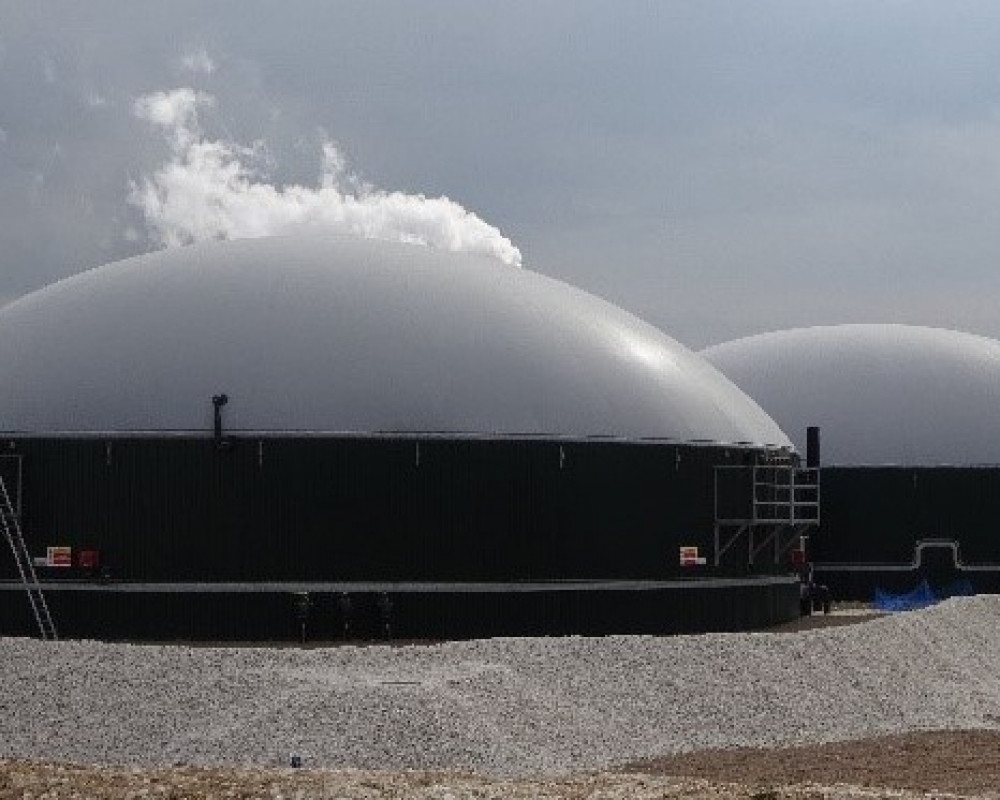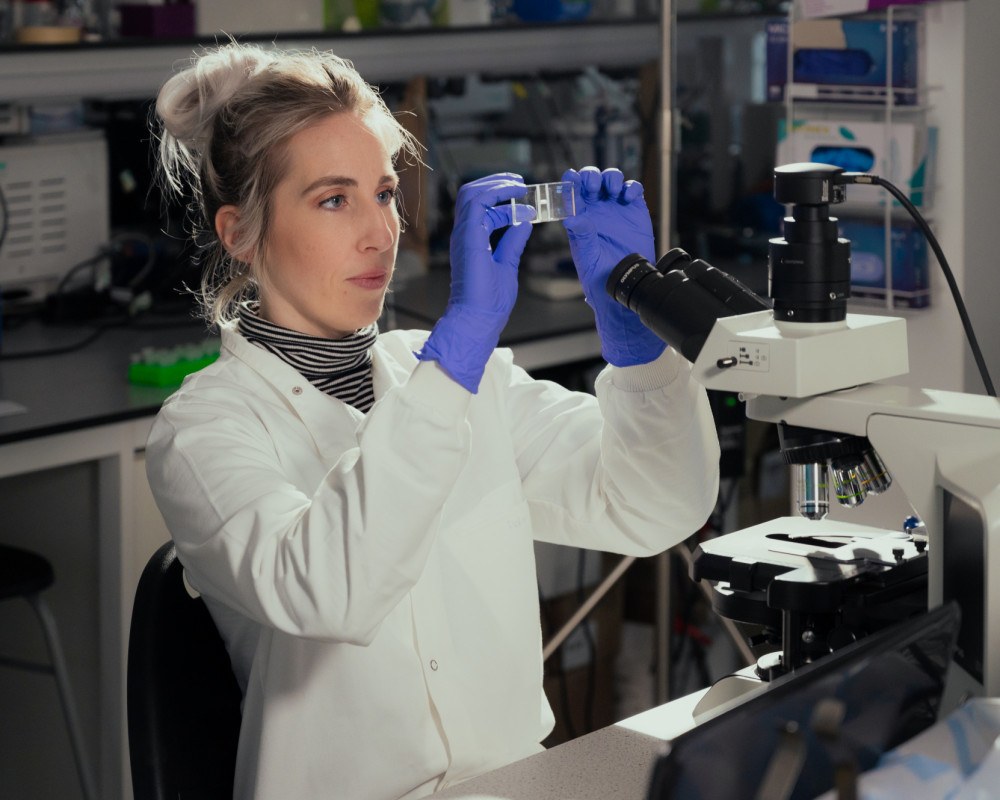
Case study highlight
Novel microwave pre-treatment of feedstocks for anaerobic digestion
We have worked with Advanced Microwave Technologies (AMT) on a new method of feedstock pre-treatment for an anaerobic digestion process.
Bio-energy is a renewable form of energy that is derived from recently living organic materials known as biomass, which can be used to produce transportation fuels, heat, and electricity. We have worked with clients to turn woody biomass into sugar for bio-fuel production. We can also offer bespoke desk or laboratory-based support to develop, test and optimise innovative products and processes for the anaerobic digestion sector.
There is increasing concern about the pollution of our soils with microplastics and, in particular, with the pollution of farmland with plastics from AD digestate. Because of this, the Scottish Environment Protection Agency (SEPA) has reduced the allowable plastic limit in digestate. A similar tightening of restrictions is happening elsewhere. This webinar considers the implications of this and considers one approach to address the issue: alternative uses for digestate.
Food waste accounts for just 5% of household waste yet is responsible for around 25% of the waste sector’s carbon footprint. The Resources and Waste Strategy for England will require all English local authorities to collect food waste separately. This webinar discusses the implications of this for the AD industry and how innovation can help.
The anaerobic digestion (AD) industry faces a challenging future of dwindling subsidies and increasing environmental regulatory standards. New technologies could be the way forward: offering the possibility of wider feedstock choice, increased productivity, new income streams or pollution solutions. This webinar considers what is possible at an AD plant by exploring just some of the exciting innovations that are out there.
Following the successful completion of the Anaerobic Digestion & Circular Economy Yorkshire project, this webinar showcases three projects that were funded as part of the programme. Learn more about how you can access the facilities at the Biorenewables Development Centre and about the exciting new H2-Boost project, as well as about an example of how AD is being used at the University of Huddersfield to treat food waste streams and create a circular campus.

We have worked with Advanced Microwave Technologies (AMT) on a new method of feedstock pre-treatment for an anaerobic digestion process.

Following on from the successful Hydrogen BECCS Innovation Programme Phase 1 funding for the H2Boost project, we and ten other partners have successfully been awarded £5 million for a phase 2 project. H2Boost will focus on demonstrating at scale a commercially viable and sustainable process for producing biohydrogen – a clean, gaseous biofuel created through microbial fermentation of organic waste. As well as leading on the management of the project, our scientists are working on the lab scale trials and the 10L continuous trials as well as the testing of alternative feedstocks and enzymes. Our innovation advisors are also involved in the policy and regulatory considerations and organising the industry facing workshops.